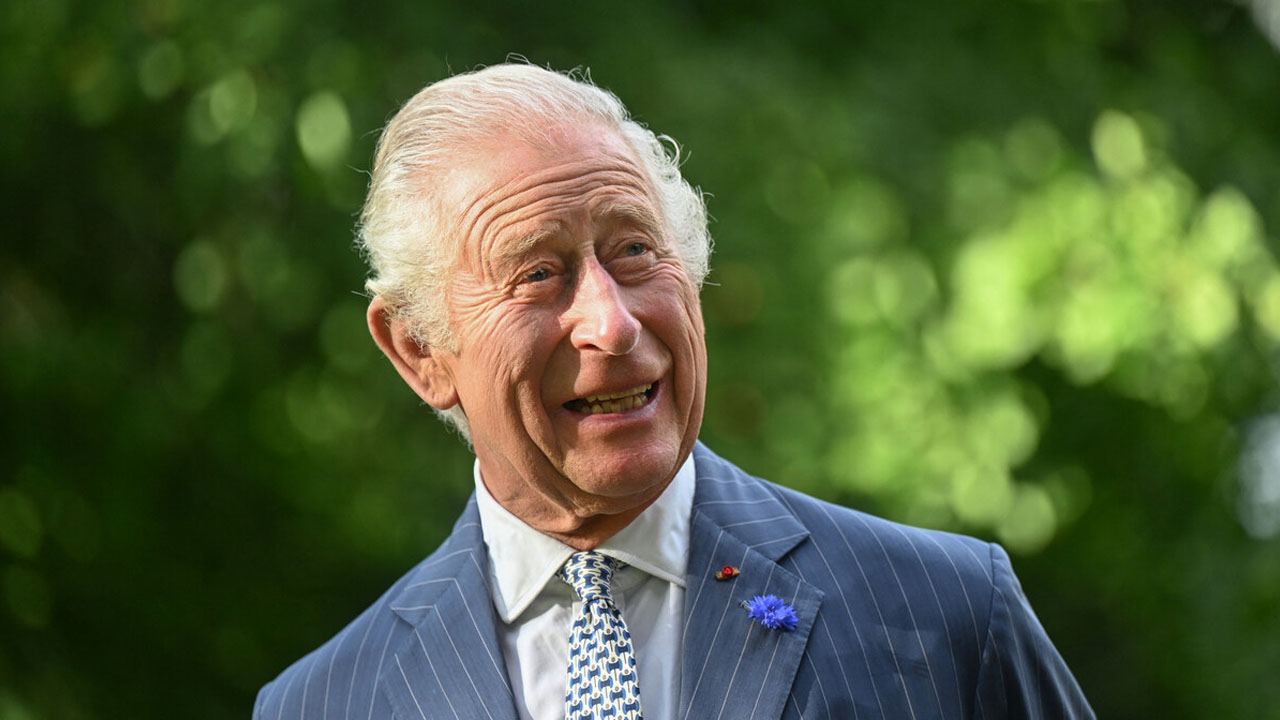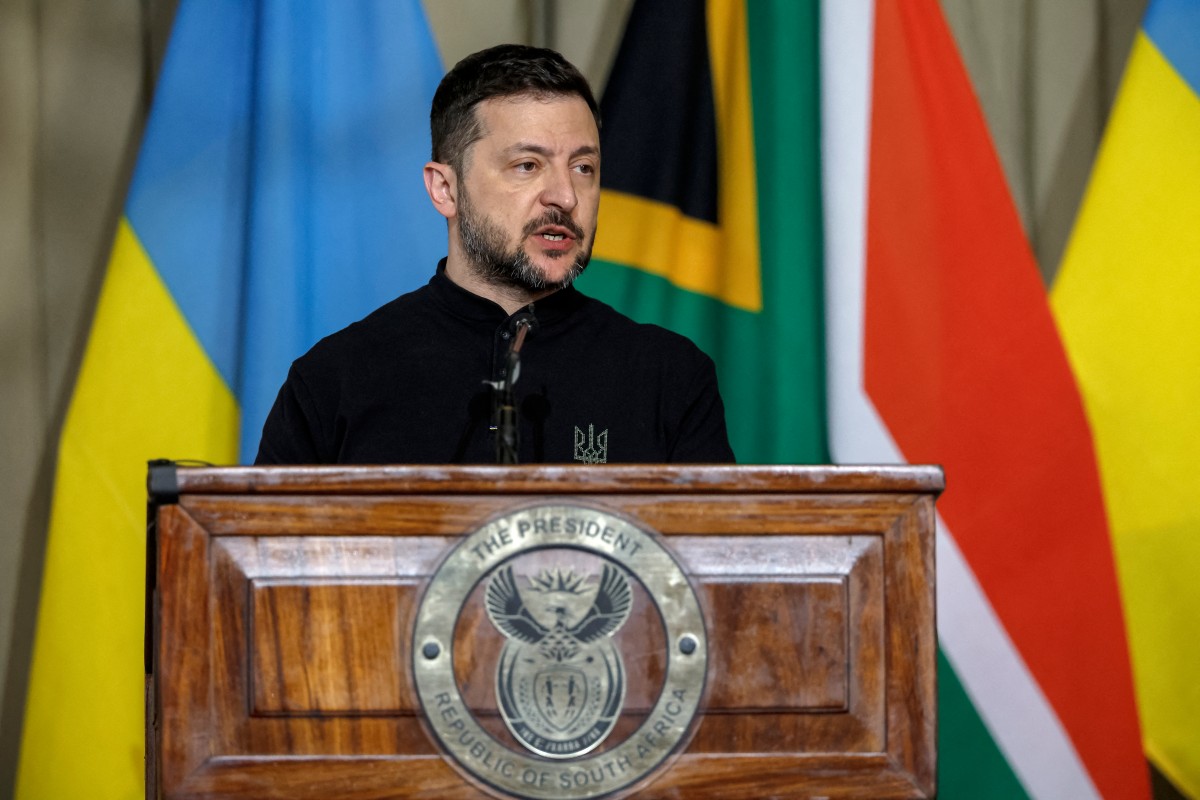Julian Brown, a 21-year-old inventor from Atlanta, made headlines after powering a car with a fuel he created from plastic waste. He called it Plastoline.
Brown’s goal was simple: to create an affordable, renewable fuel source by converting plastic trash into energy.
He used a method known as microwave pyrolysis, a chemical process that heats plastic in the absence of oxygen until it breaks down into liquid hydrocarbons. Those hydrocarbons can then be refined into gasoline, diesel, or jet fuel.
Scientists have noted that pyrolysis is a proven method for converting plastic into fuel, though it often requires high temperatures and produces some emissions. Brown’s claim of achieving the reaction with solar-powered microwaves drew particular interest because it suggested a cheaper, cleaner way to recycle plastic waste.
“If his process can be verified and replicated safely, it could help reduce both plastic waste and fuel dependency,” an energy researcher told Forbes.
During the test, he powered a 2023 Dodge Scat Pack muscle car entirely with his self-made fuel, Plastoline. In a video posted on X, the car’s engine roared to life and then moved forward under its own power, confirming that the fuel produced from recycled plastic was strong enough to power a high-performance vehicle.
He said his goal was to turn one of the world’s biggest pollutants into a clean energy source.
“I wanted to show that plastic doesn’t have to destroy the planet,” Brown said in one of his early videos. “It can power it.”
He began developing the idea as a teenager after learning about how plastic pollution harms the environment. With limited resources, he built his first prototype from spare lab equipment and welded metal drums.
“I built my first setup using scrap metal and parts from a broken microwave,” he explained. “It took me years to get the formula right. I burned through hundreds of failed tests, but I knew the science would hold.”
Over the years, he refined his process and tested different plastic types to improve yield and purity.
Whether Plastoline becomes a viable alternative fuel remains uncertain. But Julian Brown’s experiment shows how far determination and curiosity can go in solving everyday problems, starting from something as simple as a pile of plastic.






